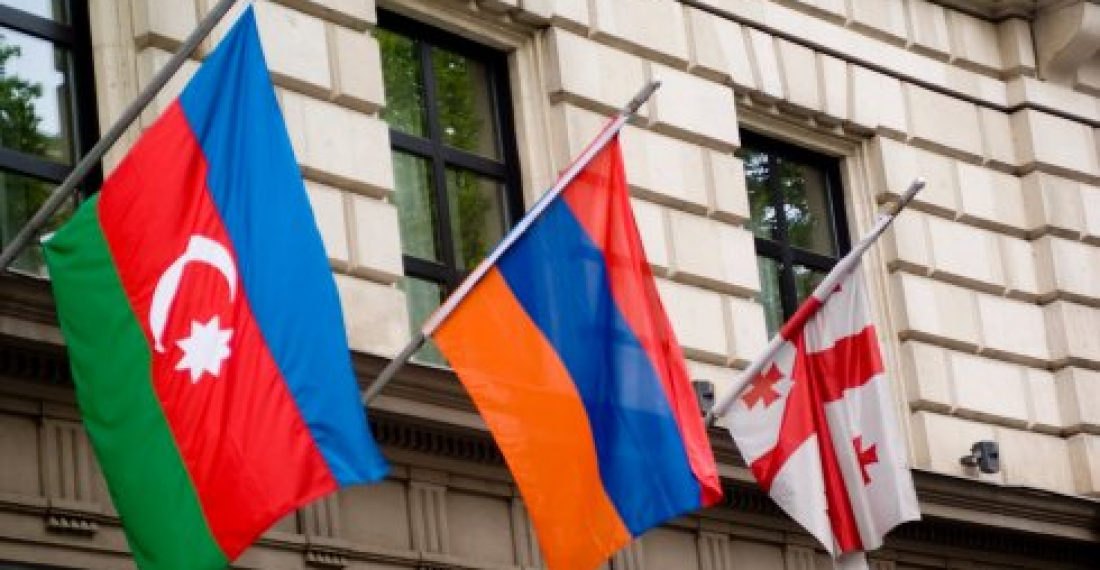Необходимо продолжать продвигать трехстороннее региональное сотрудничество на Южном Кавказе, хотя это и не легкая задача.
Этот комментарий был подготовлен редакционной коллегией commonspace.eu
Одним из последствий распада Советского Союза в 1991 году стало прекращение какого-либо регионального сотрудничества на Южном Кавказе. Советская система способствовала "интернационализму", но не способствовала развитию сотрудничества между тремя союзными республиками в так называемом Закавказье. Но по крайней мере видимость сотрудничества существовала, и были, по крайней мере, некоторые из преимуществ нахождения в общем государстве. Независимость привела к усилению соперничества и даже к конфликту. Нагорно-карабахский конфликт по-прежнему является самым большим препятствием для любого сотрудничества между Арменией и Азербайджаном, что неудивительно, поскольку технически обе страны остаются в состоянии войны друг с другом, и режим прекращения огня, который должен был способствовать прекращению насилия, нарушается ежедневно.
Грузия пыталась инициировать региональное сотрудничество, но в целом предпочла развивать двусторонние отношения с двумя соседями, отложив трехстороннее сотрудничество. Однако, география и демография, не говоря уже об истории и культуре, служат основой для гораздо более высокого уровня регионального сотрудничества, и многие проблемы можно решать гораздо эффективнее, если подходить к нии с региональной перспективы.
В настоящее время появилась еще одна новая динамика, которая, вероятно, вступит в силу в ближайшие годы, а именно новое и более активное присутствие Европейского Союза в регионе. В настоящее время Грузия является ассоциированным членом Европейского союза. Армения уже завершила обсуждение нового договора о всеобъемлющем партнерстве. В этом году Азербайджан начал переговоры по аналогичному документу, и на этой неделе было сообщено, что в переговорах есть прогресс.
Это новая правовая основа потенциально может предложить множество полезных возможностей. Это правда, что три соглашения будут значительно отличаться друг от друга. Но правда и то, что будет много общих элементов, которые могут стать хорошей платформой для совместных трехсторонних действий. Следовательно, такую возможность не стоит упускать. В нынешних условиях достижение согласия по любой форме трехстороннего регионального сотрудничества затруднительно, но возможно. Важно изучить приоритеты трех правительств и начать с тех вопросов, которые важны для всех. Некоторая работа уже проделана на уровне гражданского общества, и ее необходимо развивать и расширять. Работа с правительствами неизбежно будет всегда сложнее, но каждый позитивный шаг в развитии регионального сотрудничества, который может быть достигнут, также станет мерой укрепления доверия, которая способствует урегулированию нагорно-карабахского конфликта. Эта работа потребует времени, но терпение и настойчивость в конечном итоге принесут свои плоды.
Этот комментарий был подготовлен редакционной коллегией commonspace.eu






